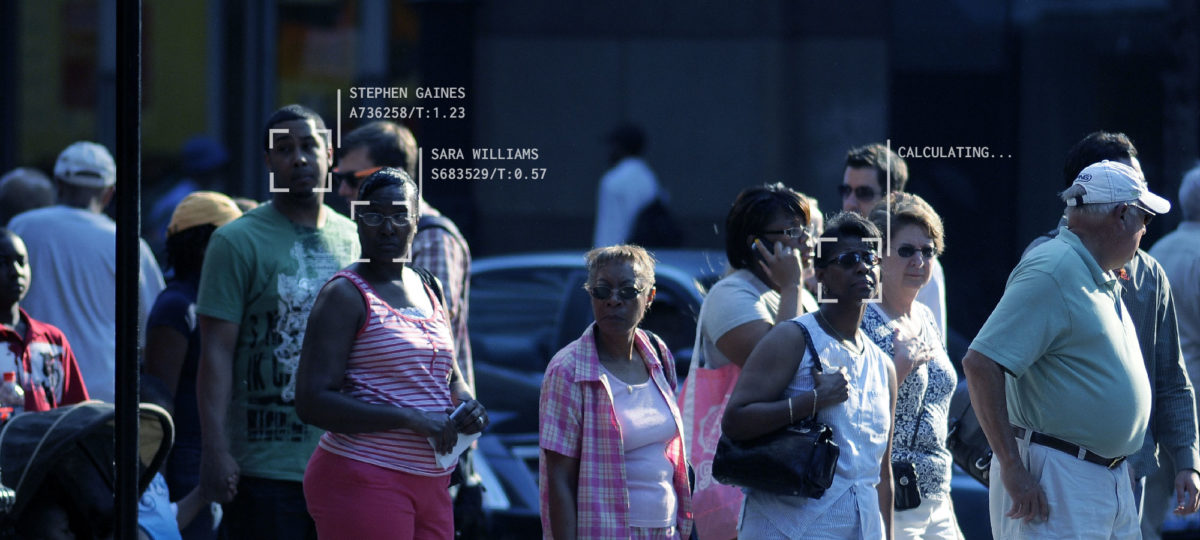The use of facial recognition technology by police is coming under scrutiny following revelations that it was used in Baltimore during the 2015 unrest that followed Freddie Gray’s funeral.
A new report issued Tuesday by the Georgetown Law Center on Privacy & Technology says that Maryland is among states that uses the technology to track people.
[link href=”https://www.perpetuallineup.org/” text=”Read the report”]
“The Perpetual Lineup” report states that Maryland has been using facial recognition software since 2011 with little fanfare. The state’s Department of Public Safety and Correctional Services has a searchable database with 7 million photos from driver’s licenses and other state sources, and 3 million mugshots of “known offenders.” The FBI also operates a database of nearly 25 million mugshots.
The state worked with DataWorks to develop the technology, a fact sheet issued by DPSCS says.
The technology is used “to identify surveillance photos of unknown people, to identify suspects whose images have been recorded by security cameras and to even identify unknown photos posted on social media sites such as Facebook. It is even possible to identify an artist’s sketch of a suspect by using facial recognition,” the fact sheet says.
The fact sheet offers an example of a witness pointing out a photo of a suspect on social media. Police can then scan the database for a match to identify the person.
The Georgetown report says it is likely that use of the system requires probable cause.
But the fact sheet states that the practice is “not always absolute.” More than one potential match can be returned, and the system does not distinguish between race or sex.
“Potential matches must be investigated and verified,” the fact sheet states.
Another potential use is prompting calls from the ACLU to investigate the technology more broadly.
A separate report issued last week showed Baltimore County police used facial recognition technology while working with social media monitoring firm Geofeedia during the Baltimore riots. The information that was released by Geofeedia stated that police used the technology to arrest protesters with outstanding warrants “directly from the crowd.”
The latest report gave no indication of this specific use, but the ACLU is generally calling for more review of the technology. In Maryland, the system hasn’t been audited since it was introduced in 2011.
“Half of all adults in the country are in government face recognition databases, yet the vast majority of law enforcement agencies using this technology lack clear policies, audits to ensure accuracy, and transparency,” ACLU Legislative Counsel Neema Singh Guliani said in a statement.
The report comes amid a series of revelations about technology used by police. The Baltimore Police Department faced scrutiny for secretly operating a surveillance plane that worked in concert with the CitiWatch camera system on the ground, as well as cellphone-tracking technology.
Join the conversation!
Find news, events, jobs and people who share your interests on Technical.ly's open community Slack

Baltimore daily roundup: Mayoral candidates talk tech and biz; a guide to greentech vocabulary; a Dutch delegation's visit

Baltimore daily roundup: Medtech made in Baltimore; Sen. Sanders visits Morgan State; Humane Ai review debate

Baltimore daily roundup: An HBCU innovation champion's journey; Sen. Sanders visits Morgan State; Humane Ai review debate


